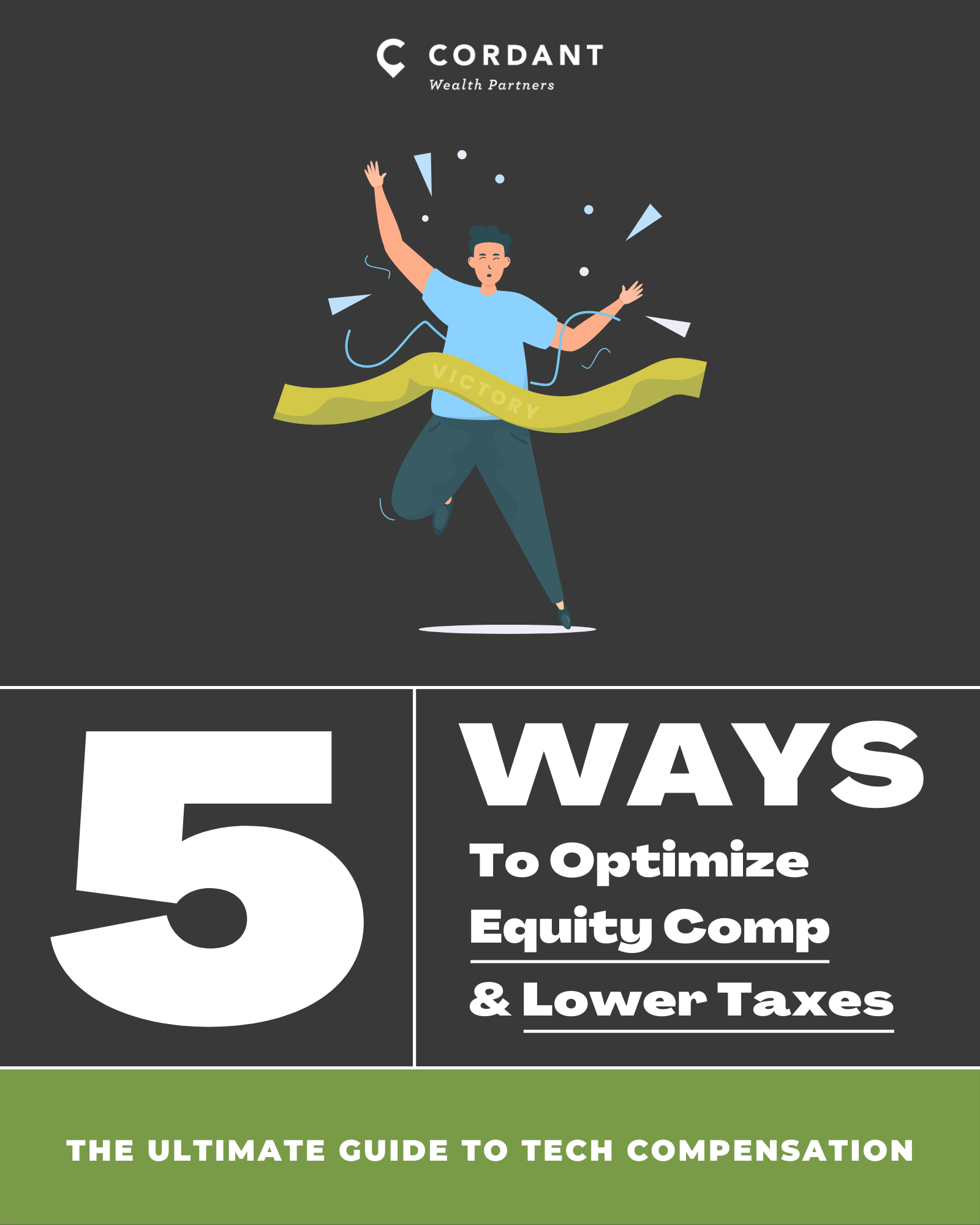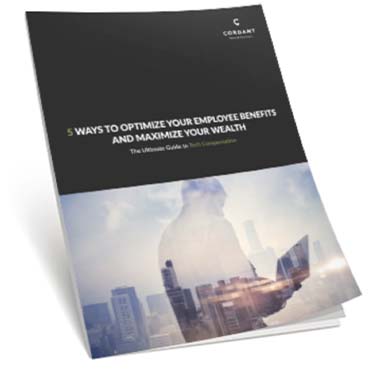Some decisions in life (like choosing a grocery store) do not require a great deal of thought. These choices are relatively minor, and typically a product of convenience. On the other hand, some decisions (like doing business with a new business or firm) are much more substantial, involve in-depth analysis, and a level of mutual trust. That’s because unlike a grocery store, your financial advisor selection can and should have a meaningful impact on the results you want to achieve.
So, how do you know if an advisor team has your best interests at heart?
There are a number of items to consider when approaching this question. Below, we’ve outlined the four most important considerations to help you select and evaluate a financial advisory relationship, and questions to determine whether it aligns with you and your best interest.
1. Clear Expectations
This can be said of any good business relationship: it is built on a foundation of clear expectations. And it applies tenfold to your financial advisory relationship: you need to know how your portfolio is expected to perform if the markets go up, down, or sideways. You should know how a prolonged period of low or negative returns would affect the success of your financial plan. You should have a clear idea of what you value, what you are willing to pay for that value, and whether you are receiving it.
Only by understanding what value an advisor is trying to deliver, can you evaluate whether they are successful (and, ultimately, if you are receiving the value you’re paying for).
Questions to Ask:
- If the markets are down/up by 20%, how much would you expect my portfolio to be down/up
- What are the expected investment return and risk assumptions for my portfolio, and how do these match what is being used in my financial plan?
- In what areas do you provide advice? (Financial plan, Investment management, Estate planning, tax coordination, reporting, etc.)
2. Transparency
There must be complete transparency from the beginning of the financial advice process to the end. Any question you or your spouse have should be answered directly and in a straightforward manner. Moreover, your financial plan and performance reporting should be easy to understand, on demand, and inclusive of all of your assets as a whole. All reporting should be net of management fees and total compensation should be clear.
Questions to Ask:
- What performance reporting is available to me?
- When evaluating performance, what do you think we should be looking at in the report?
- Is your reporting net of all fees including commissions, hourly or other fees?
3. An Obligation to Act in Your Best Interest
Your finances are too important to approach the same way you would purchase a phone or a computer. If the phone does not perform within expectations you can buy another—the same can’t be said for your finances. The company and the advisor should have an obligation to act in your best interest, and that means understanding when you’re dealing with a salesperson and when you’re dealing with a trained professional. One way to do this is to ask your advisor what brokerage licenses (including insurance) they hold, and whether they have received commissions in the past 3 years. Those advisors that are registered as both advisors and brokers are required to disclose that they have the ability to sell you products in addition to advising you.
Firms being paid to create financial products should not be the same firm that delivers you advice – just like you would prefer your doctor not receive a commission on the medicine he prescribes. You don’t want the firm and/or the advisor to be influenced by additional profits generated by the products. You need absolute objectivity in the planning and investment process.
Questions to Ask:
- What percent of your income comes from commissions versus fees?
- Are you compensated more for certain investments than others? Does your firm make more if I invest in a particular type of product or investment?
4. Multiple Accountabilities
Multiple accountabilities in various areas can help protect your investments.
We believe there needs to be a significant competitive advantage you gain by housing your assets at the same firm you receive your advice from. In our experience this is rarely the case. Keeping your assets at an institution separate from your advisor allows you to receive multiple reports, which would quickly alert you to any discrepancies in total portfolio values. (Bernie Madoff’s clients would have benefited from this.)
Questions to Ask:
- Do you have custody of my assets?
- When and how can you withdrawal funds?
- What protections are in place if fraud should happen in my account?
We suggest you get answers to these and other important questions both verbally and in writing. This is by no means a complete list, but can serve as a starting point to ensure you are intentional with this important life decision.


